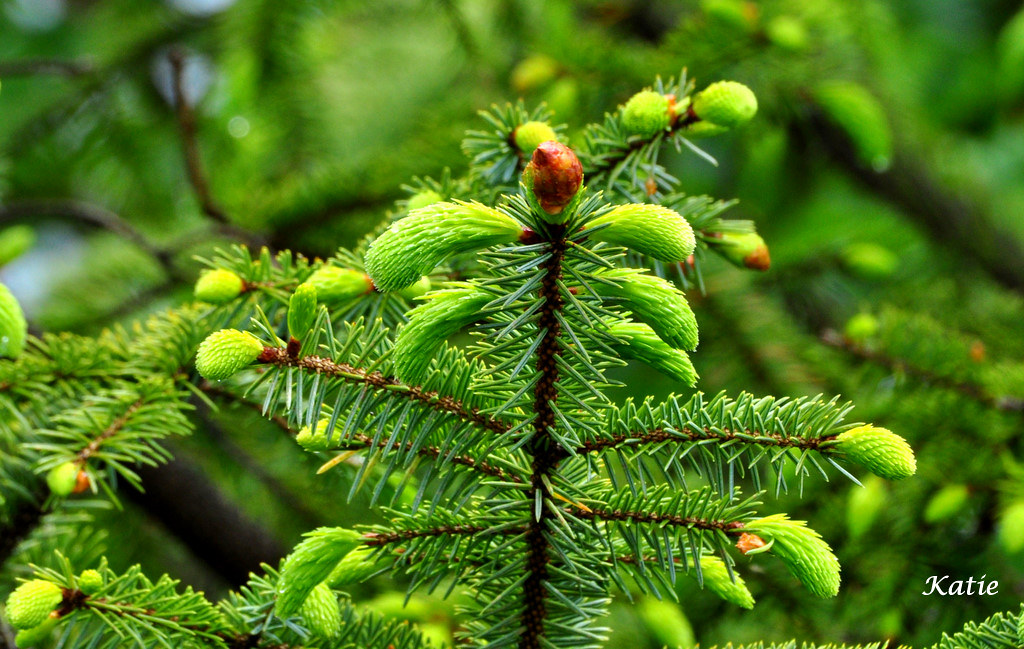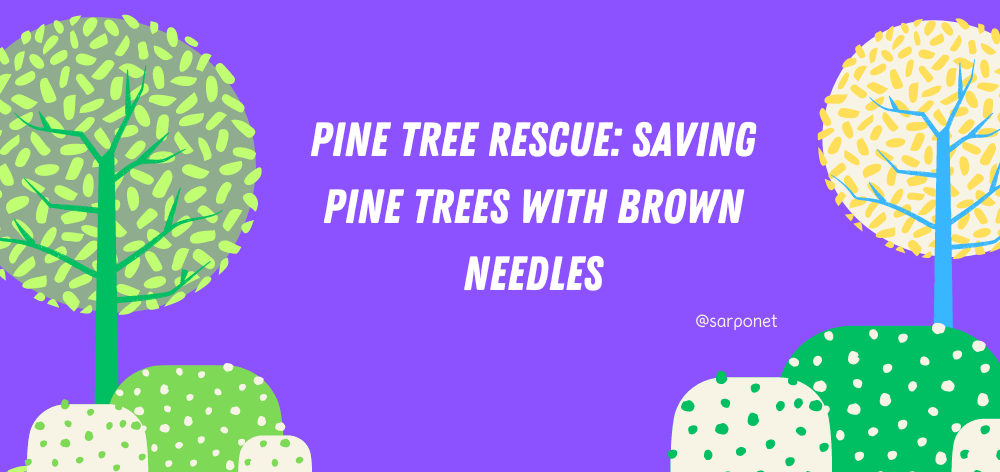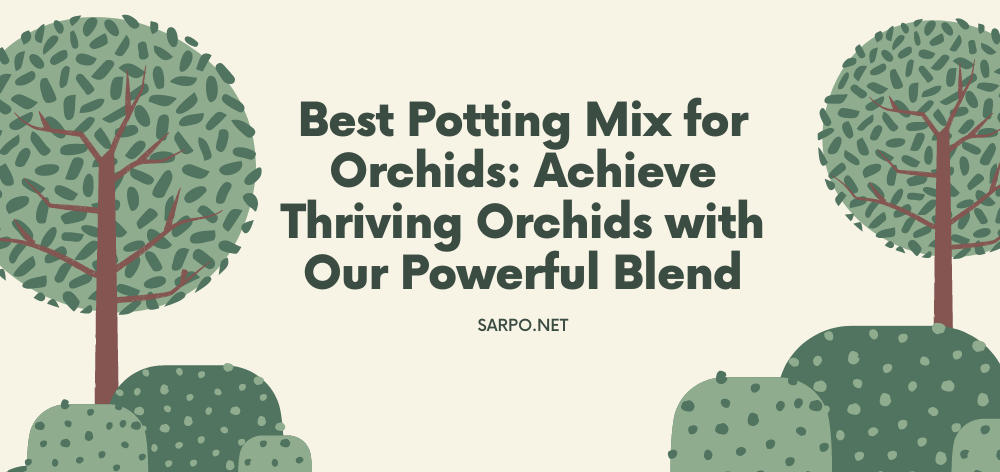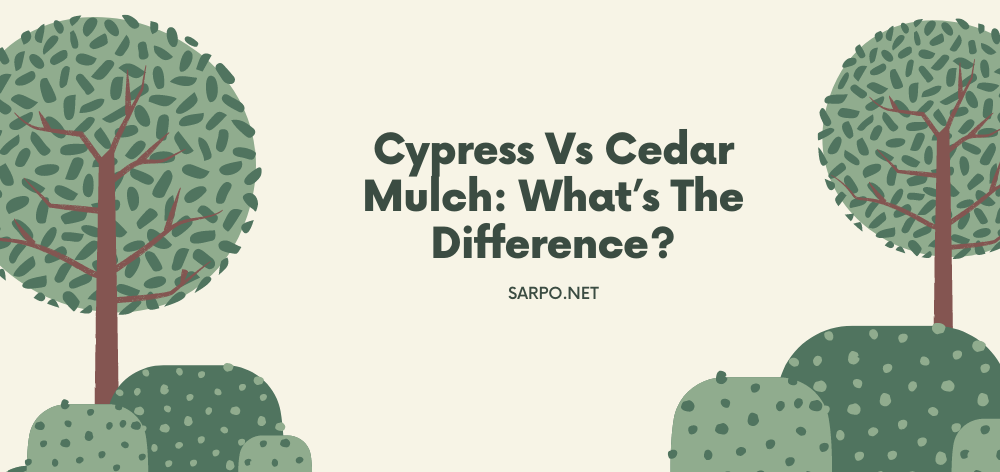
Cypress Vs Cedar Mulch: What’s The Difference?
There are a few key differences between cypress and cedar mulch. For one, cypress mulch is made from the bark of the tree, while cedar mulch is made from wood. This means that cedar mulch will be more absorbent than cypress.
Additionally, cypress mulch will break down quicker in your garden beds, providing nutrients for your plants faster. However, cedar mulch has a longer-lasting scent, which can be beneficial if you’re looking to keep pests away.
There are many benefits to using mulch in your garden. Mulch helps to keep weeds at bay, retains moisture in the soil, and can add a finishing touch to your landscaping. But there are so many types of mulch available on the market, how do you choose which one is right for you?
Two of the most popular choices are cypress and cedar mulches. Both have their pros and cons, so it’s important to do your research before making a decision. Here’s a quick rundown of each type of mulch:
Cypress Mulch: Cypress mulch is made from the bark of cypress trees. It’s dark in color and has a very distinctive smell. Cypress mulch is long-lasting and does an excellent job of suppressing weeds.
However, it can be quite expensive.
Cedar Mulch: Cedar mulch is made from cedar wood chips or shavings. It has a light brown color and a pleasant smell.
Cedar mulch breaks down more quickly than cypress, but it’s also less expensive. Cedar also does a good job of suppressing weeds.
Cypress Mulch Problems
Cypress mulch is a popular choice for many gardeners and landscapers due to its attractive reddish-brown color and its ability to suppress weeds. However, cypress mulch can also cause problems in the landscape. One of the most common problems is that cypress mulch can be toxic to plants.
The chemicals in cypress mulch can leach into the soil and damage or kill plant roots. Cypress mulch can also be a fire hazard if it is not used properly.
Cedar Vs Cypress Vs Pine Mulch
When it comes to mulch, there are many options to choose from. Cedar, cypress, and pine mulch are all popular choices, but which one is the best? Here’s a look at the pros and cons of each type of mulch:
| Mulch Type | Pros | Cons |
|---|---|---|
| Cedar | – Attractive and pleasant smell | – Expensive |
| – Resistant to rot and insects | – Breaks down quickly, requires frequent replenishment | |
| Cypress | – Attractive and pleasant smell | – Expensive and may be hard to find in some areas |
| – Long-lasting and resists rot and insects | – Breaks down slowly, less frequent replenishment needed | |
| – Doesn’t float away in heavy rains | ||
| Pine | – Inexpensive and natural-looking | – None listed |
| – Resists compaction, helps soil retain moisture | ||
| – Decomposes slowly, less frequent replenishment needed |
Cedar Vs Cypress Vs Hardwood Mulch
There are many types to choose from when it comes to mulch. Hardwood mulch is one type of mulch that is made from recycled wood products. Cedar and cypress are two other popular types of mulch.
So, what’s the difference between these three types of mulch? Hardwood Mulch: Hardwood mulch is a popular choice for many because it is economical and easy to find. This type of mulch is made from recycled wood products, so it is an eco-friendly choice.
Hardwood mulches do not last as long as cedar or cypress mulches, but they are still a good option for those who want to save money. Cedar Mulch: Cedar mulch is a durable and long-lasting type of mulch. It has a pleasant smell that helps repel insects and animals.
Cedar Mulches also help improve drainage in your garden beds and keep weed growth down. Because cedar is such a durable material, it will last much longer than hardwood or cypress Mulches – making it worth the investment! Cypress Mulch: Cypress mulch is another great option for those looking for durability and longevity.
Cypress trees produce natural oils that help protect the wood from rot, decay, and insect damage – making it ideal for use as mulch. This type of wood also has a very pleasant scent that can help deter pests from your garden beds.
Cypress Mulch near Me
When it comes to mulch, there are a lot of options to choose from. If you’re looking for cypress mulch specifically, you might be wondering where you can find it. Here’s a quick guide to help you out!
If you live in the southeastern United States, chances are good that you’ll be able to find cypress mulch at your local nursery or garden center. This type of mulch is popular in this region because it’s made from trees that are native to the area. Cypress mulch is also relatively inexpensive, which is another plus.
If you don’t live in the southeast or if you’re having trouble finding cypress mulch locally, don’t worry – it’s available online as well. A quick search for “cypress mulch” will bring up a number of different retailers who sell it. Just make sure to read the descriptions carefully so that you know what you’re getting; some companies sell products that are actually blends of different types of mulch, so just be aware!
Once you’ve got your hands on some cypress mulch, using it is easy – simply spread it around in your garden beds like any other type of mulch. It will help suppress weeds and keep your soil moist, both of which are important for a healthy garden. Plus, its pleasant smell will make your yard even more enjoyable!
Cypress Mulch Lowe’s
Cypress mulch is a type of mulch made from the bark of cypress trees. It is brown in color and has a distinctive, woodsy smell. Cypress mulch is popular because it is long-lasting, does not compact or break down easily, and resists insects and rot.
It also helps to suppress weeds.
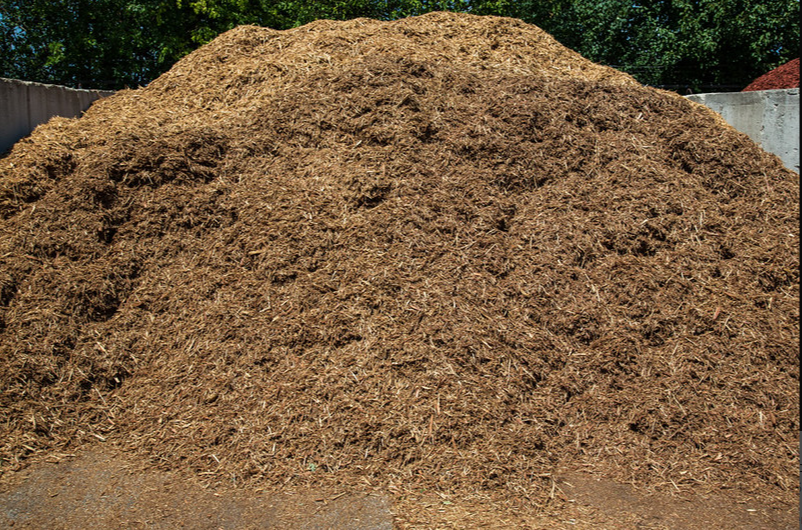
Is Cedar Or Cypress Better for Mulch?
Mulching is an important part of any gardening or landscaping project as it helps to suppress weeds, retain moisture in the soil, and protect plant roots from extreme temperatures. But what type of mulch should you use? If you’re trying to decide between cedar and cypress mulch, here’s what you need to know.
Cedar mulch is made from cedar wood chips or shavings and has a reddish-brown color. It’s naturally insect-resistant and has a pleasant smell that can help deter pests from your garden. Cedar mulch also breaks down slowly over time, so it will last longer than other types of mulch.
Cypress mulch is made from cypress tree bark and has a golden-brown color. Cypress mulch is also naturally insect-resistant and has a similar scent to cedar that can help keep pests away. Cypress mulch decomposes at a moderate rate, so it will need to be replaced every few years.
So, which type of mulch is better? Both cedar and cypress have their own benefits, so it really depends on your personal preferences. If you want longer-lasting Mulches then go with Cedar but if you prefer the look of Cypress then that might be the better choice for you!
Is Cedar Mulch the Same As Cypress?
There are many types of mulch, and each has its own set of benefits. Cedar mulch and cypress mulch are two popular options, but they’re not the same. Here’s a closer look at the key differences between these two types of mulch.
Cedar Mulch Cedar mulch is made from cedar trees, which are native to North America. The most common type of cedar used for mulch is Eastern red cedar.
This type of cedar is known for its rich red color and pleasant smell. Cedar mulch also repels insects, making it a good choice if you’re looking for an all-natural way to keep pests out of your garden.
Cypress mulch is made from cypress trees, which are native to Europe, Africa, and Asia. Cypress mulches tend to be lighter in color than cedar mulches, ranging from blond to reddish-brown. Cypress trees have natural oils that give the wood a distinctive smell.
Some people find this scent pleasant, while others find it overwhelming. Cypress mulches are also effective at repelling insects.
Cypress Mulch vs Cedar Mulch – Which One Is Better
What are the Disadvantages of Cedar Mulch?
There are several disadvantages to cedar mulch. Cedar mulch can be acidic, which can lead to problems for plants that require neutral or alkaline soil. Additionally, cedar mulches can contain high levels of toxins that can be harmful to both people and pets if ingested.
Finally, cedar mulches break down slowly and can compact the soil underneath, making it difficult for roots to penetrate.
When Should You Not Use Cedar Mulch?
When to avoid using cedar mulch:
- If you are trying to acidify your soil – Cedar mulch is naturally alkaline, so it will have the opposite effect.
- In very hot weather – The oils in cedar mulch can cause it to heat up and potentially damage plants.
- If you have pets that like to dig – The oils in cedar can be irritating to animals if they ingest it.
Frequently Asked Questions
Can you mix cedar and cypress mulch
Yes, you can mix cedar and cypress mulch if you desire. Both cedar and cypress mulches have their unique characteristics and benefits, so combining them can provide a blend of their respective properties. However, keep in mind that each type of mulch may break down at a different rate, so you may need to replenish or adjust the mix over time to maintain the desired effects in your garden beds.
Does cypress mulch last longer
Yes, cypress mulch tends to last longer compared to some other types of mulch because it is naturally rot-resistant and more resistant to insects. Its durability allows it to remain effective in suppressing weeds and providing nutrients for plants for an extended period. Additionally, cypress mulch breaks down more slowly than some other mulch options, making it a long-lasting choice for garden beds.
Conclusion
If you’re trying to decide between cypress and cedar mulch for your garden, there are a few things to consider. Cypress mulch is made from the wood of cypress trees and cedar mulch is made from the wood of cedar trees. Both types of mulch are long-lasting and resist rot, but cypress mulch may last slightly longer because it’s more resistant to insects.
Cypress mulch also tends to be less expensive than cedar mulch.
Related Topics
10 Best Small Evergreen Trees with Non Invasive Roots
 Dr Ahsanur Rahman, PHD
Dr Ahsanur Rahman, PHDPine Tree Rescue: Saving Pine Trees with Brown Needles
 Dr Ahsanur Rahman, PHD
Dr Ahsanur Rahman, PHD

